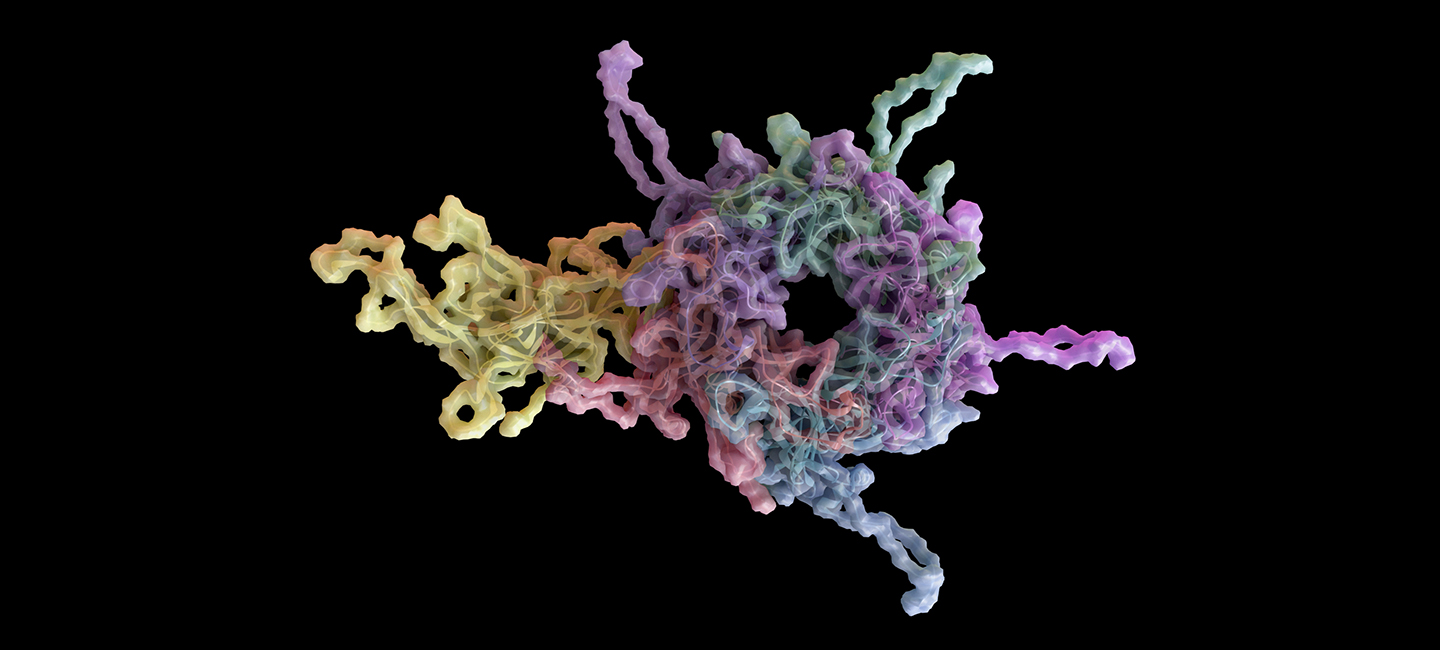Breaking Down HPV
Almost everyone will have human papillomavirus (HPV) at some point in their life. It is estimated that 80% of people will contract the virus. The body’s immune system clears most HPV infections within a couple years. However, some HPV infections don’t go away, and it is those persistent infections that can lead to precancer and cancer.
HPV is a group of more than 100 viruses, usually spread through sexual contact. Thirteen HPV types are known to cause cervical cancer. One of the 13 is also associated with throat, anal, vulvar, vaginal, penile and head and neck cancers. HPV vaccination can help protect against many of the types known to cause cancer. But our understanding of how the virus breaks down healthy cells and turns them cancerous is incomplete.

Dr. Jennifer Binning, assistant member, Molecular Oncology
Dr. Jennifer Binning, assistant member of Moffitt Cancer Center’s Molecular Oncology Department, and the members of her lab are taking a closer look to figure out what makes the virus do harm. Specifically, her team is examining the proteins of HPV and how they control the virus’s ability to replicate, evade the immune system and cause cancer. “Our bodies have hundreds of thousands of proteins and each help control specific functions and processes. HPV, on the other hand, has less than 10 proteins running the show,” said Binning.
Previous studies have shown that nearly half of the HPV proteins interact with cellular machinery called ubiquitination E3 ligases. Ubiquitination, often referred to as the “kiss of death” process, is when a protein is inactivated after ubiquitin attaches to it. Ubiquitin is a small molecule that signals the protein for degradation. Since ubiquitination has such a broad role in the cell, it is not surprising that disturbance of this process is linked to several human diseases including cancer.
“Our lab is focused on determining how HPV proteins target the ubiquitination system to uncover new regulatory mechanisms related to the ability of HPV to transform normal cells into cancerous cells,” said Binning. “By harnessing the power of pathogens to rewire critical ubiquitin circuits, we hope to gain valuable insight into both viral pathogenesis and human diseases linked to abnormal ubiquitination events.”
Binning says understanding this process will ultimately lead to the development of new therapies to selectively target cells infected with HPV, in hopes they can keep the virus from turning those cells cancerous.



